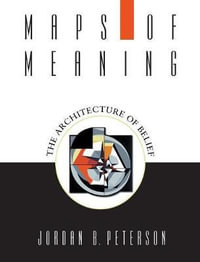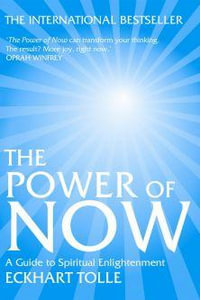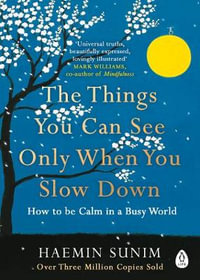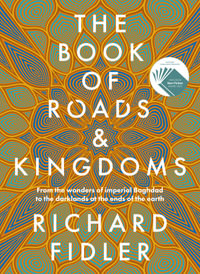"Miguel De La Torre has long been one of the premier social ethicists in the world, seeking to offer a radical, no-holds-barred reconceptualization of Christianity that supports the most marginalized and oppressed. In
Decolonizing Christianity, De La Torre continues in his bold and prophetic attempt to rid Christianity and the church in the US of the bad habits accrued by several centuries of brutal colonialism and racism. This text is a must-read, written by one of the most badass theologians on the planet!"
-- Anthony G. Reddie editor of
Black Theology: An International Journal "The church in America will be recovering from the Trump presidency for many years to come, and De La Torre puts his finger squarely on the problem from a sociological and theological standpoint. The Trump regime buttressed 'white Christianity, ' the insidious worldview that embraces racial supremacy and believes in the manifest destiny of white bodies to occupy the highest echelons of power, profits, and privilege."
-- Robert Chao Romero
author of Brown Church: Five Centuries of Latina/o Social Justice, Theology, and Identity
"Miguel De La Torre's Decolonizing Christianity is a tour de force. Colonization is not only a takeover of nations but an active takeover of knowledge. Challenging the colonizing theology of racialized nationalism, De La Torre courageously calls us to follow Christ toward actual freedom."
-- Peter Goodwin Heltzel
author of Jesus and Justice: Evangelicals, Race, and American Politics
Publishers Weekly
"De La Torre . . . argues in this incisive analysis that the white supremacist tradition in the Protestant church must be recognized in order for those who have been disenfranchised to understand the inherent lies within these 'unjust social structures' and seek ways to move forward. . . . While De La Torre's premise will likely make some bristle, Christians within a Protestant evangelical tradition may find it eye-opening."
Interpretation
"For White readers, the greatest use of this book is 'the incredible privilege of reading words not intended for them, the privilege of listening in to a dialogue dealing with how those historically denied their humanity go about claiming their personhood' (p. 13). We would be wise not to take this privilege for granted, to read carefully, to receive humbly, and to respond boldly."













![When Things Fall Apart : Heart Advice For Difficult Times [Thorsons Classics edition] - Pema Chodron](https://www.booktopia.com.au/covers/200/9780007183517/5907/when-things-fall-apart.jpg)







![NRSV Catholic Bible Gift Edition [Teal] : Holy Bible - Thomas Nelson](https://www.booktopia.com.au/covers/200/9780785230410/9912/nrsv-catholic-bible-gift-edition-teal-.jpg)
![NRSV Catholic Bible Gift Edition [White] : Holy Bible - Thomas Nelson](https://www.booktopia.com.au/covers/200/9780785230380/2211/nrsv-catholic-bible-gift-edition-white-.jpg)

